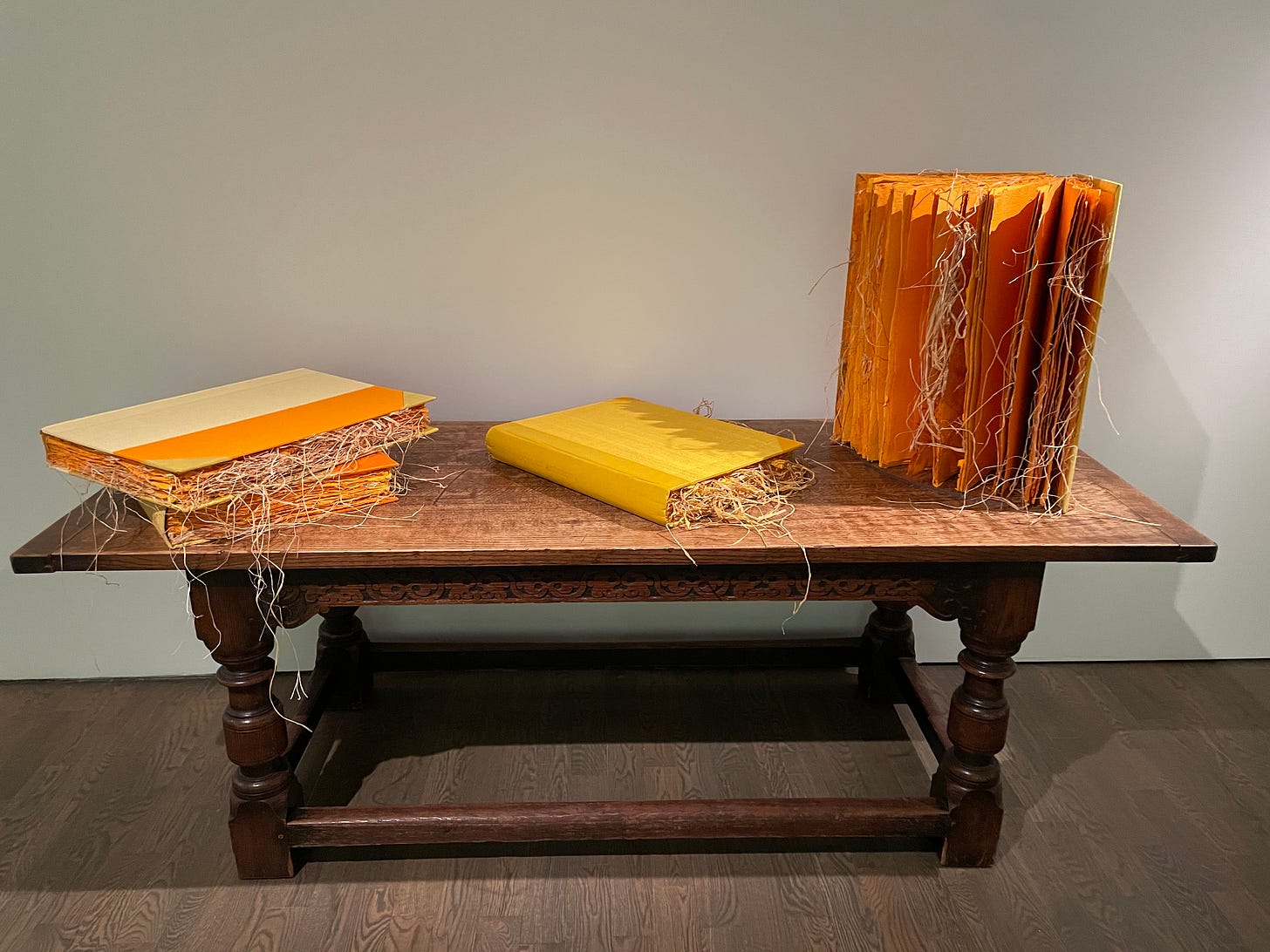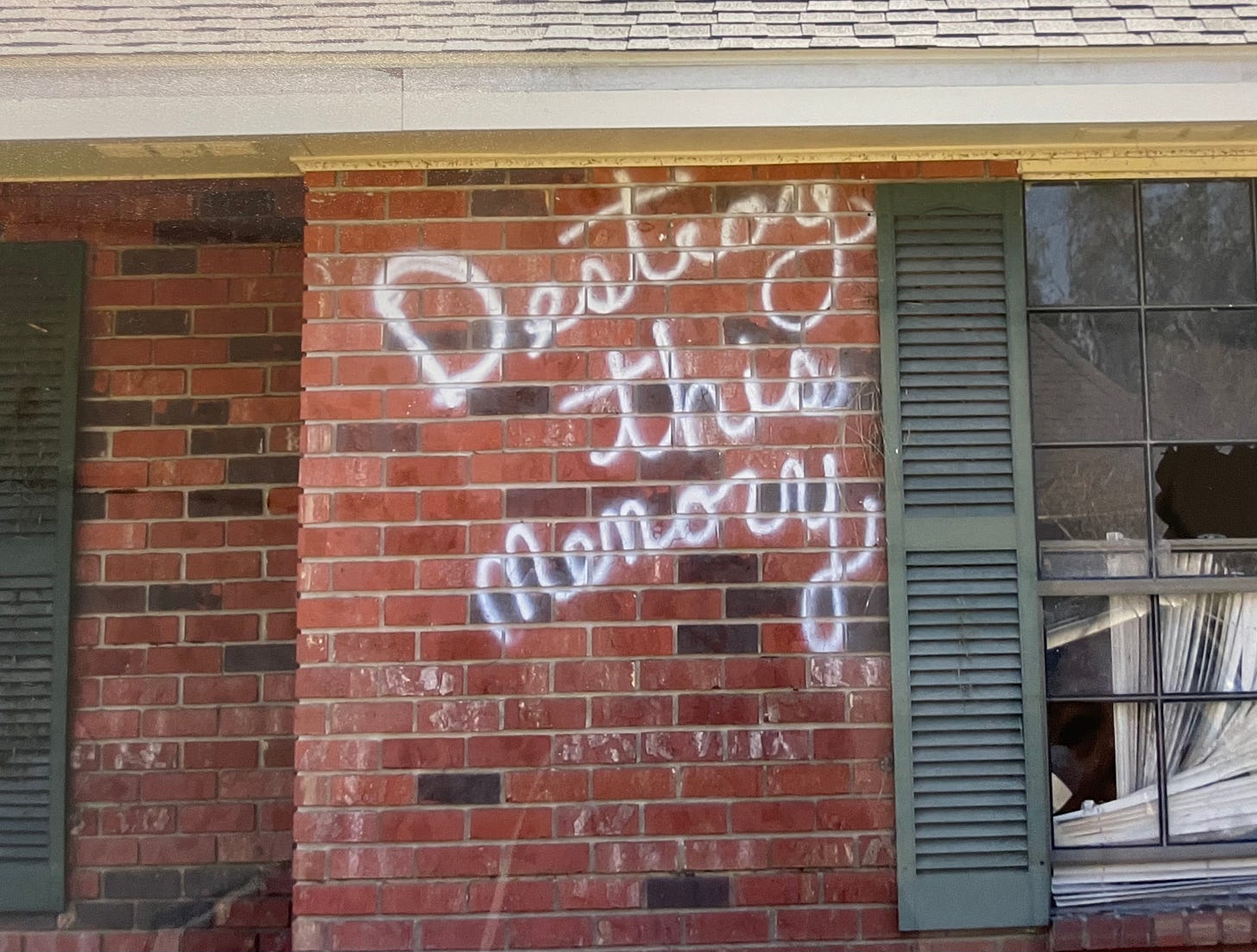The first question in our CORO Q/A came from Yéiber:
I want to ask for your advice: I want to have a decent career as a short story writer and as a poet. Several people tell me that I'm running out of time, that if I don't get something good published before 30 (I'm 27), I simply won't be able to have a literary career (or, at least, it'll be really difficult). According to what some people tell me, every artistic career should starts in the 20s or before. What can you tell me about that?
ONE
Yéiber, first, before anything: thank you. Second, this is not an uncommon among literary types – that one is behind in their career, that one’s long-dreamed-of first book is dangerously late. Such pressures are especially endemic in a neoliberal society like ours that constantly sends out messages that if you can’t keep up with the most precocious prodigy in your cohort you ain’t shit.
My advice? Resist these pressures with the entirety of your spirit.
Whether they’re being imposed from without or from within, resist them. Writing is hard enough on any given day without any added burdens.
Toni Morrison published her first novel The Bluest Eye at 39; Edward P. Jones wrote Lost in the City at 41; Annie Proulx published Postcards at 57. Who is to say when a writer’s time will come or what age is the right age for a book or (to your point) a career?
Now, I’m not saying a writer should be utterly without discipline. A little urgency, after all, can keep you from frittering away your days on dumbness, but the kind of terminal exigencies that insist you’re late in a way that will ruin your writing dreams forever, or that “you’re running out of time” (like this is some literary version of Logan’s Run) are on some straight bullshit.
Maybe if we were ballerinas or football players, time might be an insurmountable obstacle to our practice – the way height can be a problem if your dream is to play center on an NBA team – but fortunately for us we ain’t centers or ballerinas: we’re writers, we’re artists. Young or old, career or no career, we always have an opportunity to generate work that could change a heart or a million.
We just need to write the books we need to write.
TWO
A personal aside:
I published my first book at 27, young-ish as far as these things go, but it took me 11 years to write my second book, a novel, and I am currently 16 years into the hunt for my next novel with no end in sight. Each time I published a book or (in the case of Oscar Wao) won a career-altering prize, I cannot count how often I was told this was my moment, that I had to strike fast while the metal was hot, that I needed to move fast to capitalize on the “momentum”. Similarly, in the long years between prizes or books, I cannot tell you how often I was admonished that I was losing my moment, my opportunity, that the window to “really blow up” was rapidly closing, vanishing vanishing gone.
Did this kind of careerist pressure, of literary deadlining, bother me?
Bother me? I nearly went mad from it.
I spent two miserable decades trying to achieve the career my publisher and my own messed-up ambition desired. I put pressure on myself to produce, to write, depression be damned.
In the end none of the aspersions worked. Only pushed me deeper into despair, and, on a couple of occasions, broke my writing completely.
What I realize now is that I did not have it in me to change who I am at my deepest level and who I am at my deepest level is a writer who cares not quite enough about his literary career but cares a whole damn lot about writing the books I want to write. Books that seem to require years and years of deliberation and years and years of being lost.
In other words, I made the classic mistake of confusing a literary career for being a writer.
If only it hadn’t taken me so long to realize this. If only I had gotten out of my way sooner.
THREE
Careerist fear puts undo pressure on the artist. Competition and comparison are at the core of careerism and also happen to be, by any metric, abysses of despair.
Careerist fear puts undo pressure on the art, making it more challenging to produce — sapping it of whatever delights might have arisen from a less burdened process (hard to do a thing well, much less enjoy it when you got a temporal guillotine hanging over your head).
Careerist fears tend to drive the art towards greater instrumentality, forcing it to do or be something practical, thereby robbing it of the vital quality art most needs to fully realize its full potential, to burst transcendent:
Play.
When an artist plays, truly plays, they access impossible dimensions in their imagination, achieving creative warps and quantum connections that would otherwise elude them. It is in play that the oft-invisible rules of our societies become visible and, best of all, malleable. It is play that teaches indelible lessons and play that best subverts power and overturns hierarchies. Play creates rules (games) in order to reveal rules for the arbitrary forces they are. Play is shallow but there is often nothing deeper; play has no real purpose and yet you don’t need to be David Hockney to know that there is little that is more serious or sacred.
If a book is to be unforgettable, fortuities must immediately start fluttering down to it like birds to Francis of Assisi's shoulders.
Without play there are no fortuities.
You cannot force play. You cannot stand over play with a clipboard and a stopwatch and demand that it happens. Play cannot survive imperial demands no more than play can survive terminal exigencies. That’s like someone pulling a weapon out and demanding a group of children play. What emerges might be a grotesque mimicry of play, but it is not play.
As with the weapon and the playground, so with the career and the writing.
When your art has to be art and your career; when your art has to be art and pay your bills; when your art has to be art and justify why you went into debt for an MFA or justify why you gave up your promising career or justify why your parents came all the way to this country and sacrificed so much or justify all that you’ve suffered in your life, chances are the first thing to die in such an instrumental regime is play.
Fear might be the mind killer, but career is the play killer.
FOUR
The best advice I can give, Yéiber, is:
Keep writing what you’re writing.
Play.
Ignore the careerist introjections from without and the careerist clamor from within.
Remember always the vital distinction between having a literary career and writing the books you feel compelled to write.
These are not, in my view, the same thing.
If you want a literary career then perhaps 27 or 25 or 21, wherever the latest torture border has been drawn, might be late in your boo
But if want to write a book or books you care about – write them. If a career comes as a consequence, cool. If a career doesn’t come, what can one do?
Either way be assured that you and your book are not late, no matter when it arrives.
You are in fact perfectly on time.
Because if nearly 50 years of reading have taught me anything, it is that no book is ever late to the party of literature and no writer, either.
A book survives in a culture, matters to a culture, not because it was written young or because it had two dozen siblings backing it up. A book survives, a book matters, because something about it is unforgettable, something born of play.






Thank you for this. 37 and still playing over here. Still convinced it's the best thing I can do for my art; discipline being the other, of course, but just spent a long night crying when a friend questioned my timeline and came to this piece feeling broken. Unsolicited pressure affects the writer psyche so.
Junot, thank you so much for your response! You can't imagine how moved I was to read it. I have shared your answer with my friends and they all agree that, besides being beautiful, it helps enormously those of us who aspire to be writers. Thank you so much!